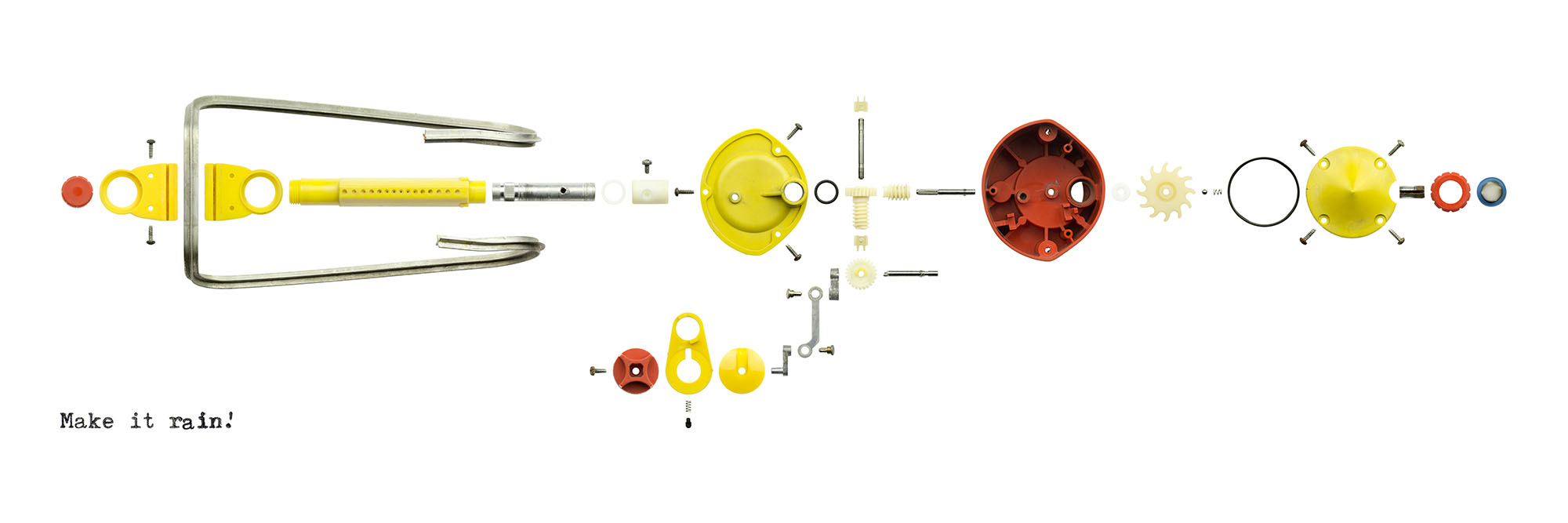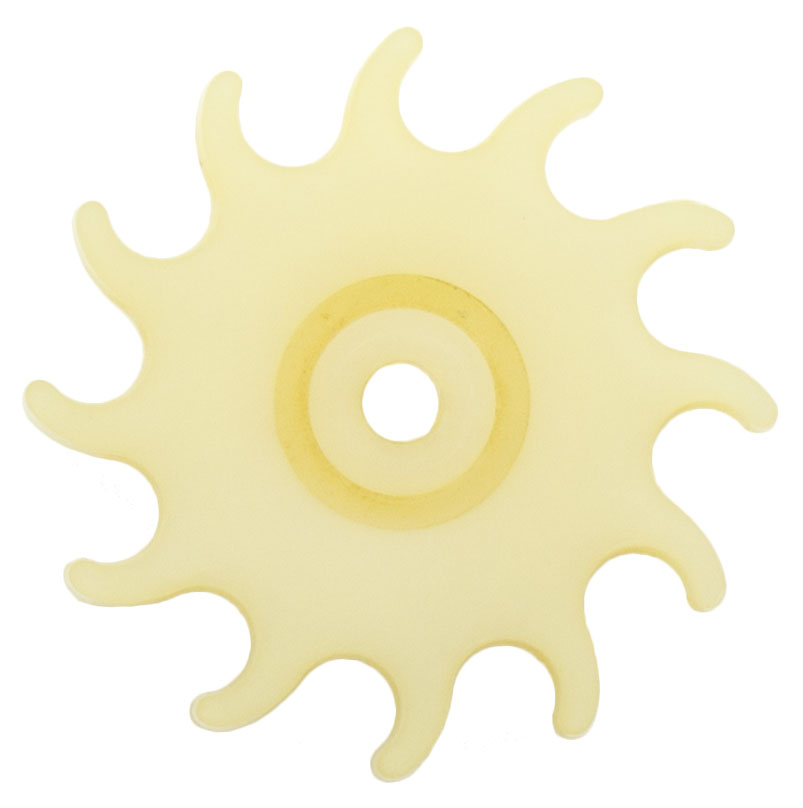
The Wolf Who Cried Rain
Having lost World War II because of the Allies’ superior weather forecast capabilities, Germany was anxious for success on the weather front. On any front, really, as long as it wasn’t one of the military kind.
But how could they possibly trump the breakthrough of the home weather station network? Meteorologists agreed that mapping and forecasting global weather was now so accurate it couldn’t conceivably be improved (until the advent of the weather satellite, to be deconstructed later).
But if they could not just predict, but create weather, that would surely put Germany back on the map. And so the Germans set out to make weather –rain, to be precise.
The Americans were trying the same thing. After some initial disappointment when their scientists debunked the old Native American rain dance, a non-native American of German origin, Vincent Schaefer, proposed an alternative –scientific- method in 1946: cloud seeding.
Cloud seeding involved sending up aircraft to disperse particles in the atmosphere in order to form clouds and eventually rain. The Germans found this idea bordering on Icarian hubris and took their research in a more down-to-earth direction (also, after WW II, the Luftwaffe had been disbanded).
A little-known workshop in Saarbrücken, Wolf Geräte, was given the task to design a rainmaking machine that wouldn’t require aircraft, zeppelins or swallows carrying coconuts. Although this prestigious project was of utmost importance to Germany, there was no official budget, as rebuilding Europe was higher on the world’s agenda. This –combined with the proverbial German Gründlichkeit- meant it would take till 1970 for the first rainmaker to become operational.
But it had been worth the wait! Wolf’s Bodenstehende Regenmachmaschine (ground-based rain-making machine) could produce convincing showers without leaving the ground, and it ran on nothing more than water. Also, it proved far cheaper and more effective than Mr Schaefer’s cloud seeding method. Germany had finally saved face and gotten their revenge for the lost war.
Ironically, Schaefer is German for ‘shepherd’, so in the end, the shepherd had been beaten by the wolf (Wolf is German for ‘wolf’).
*****








